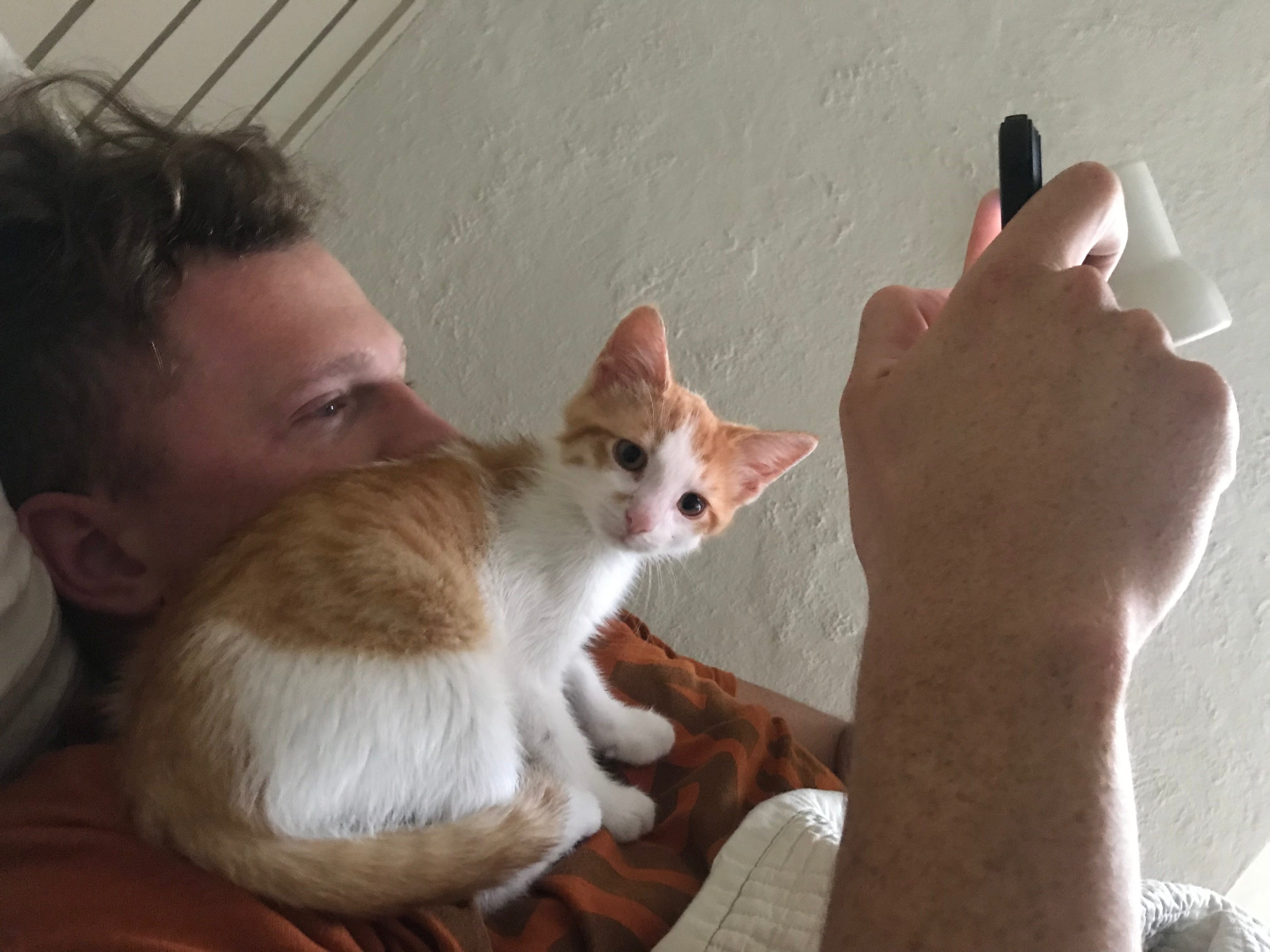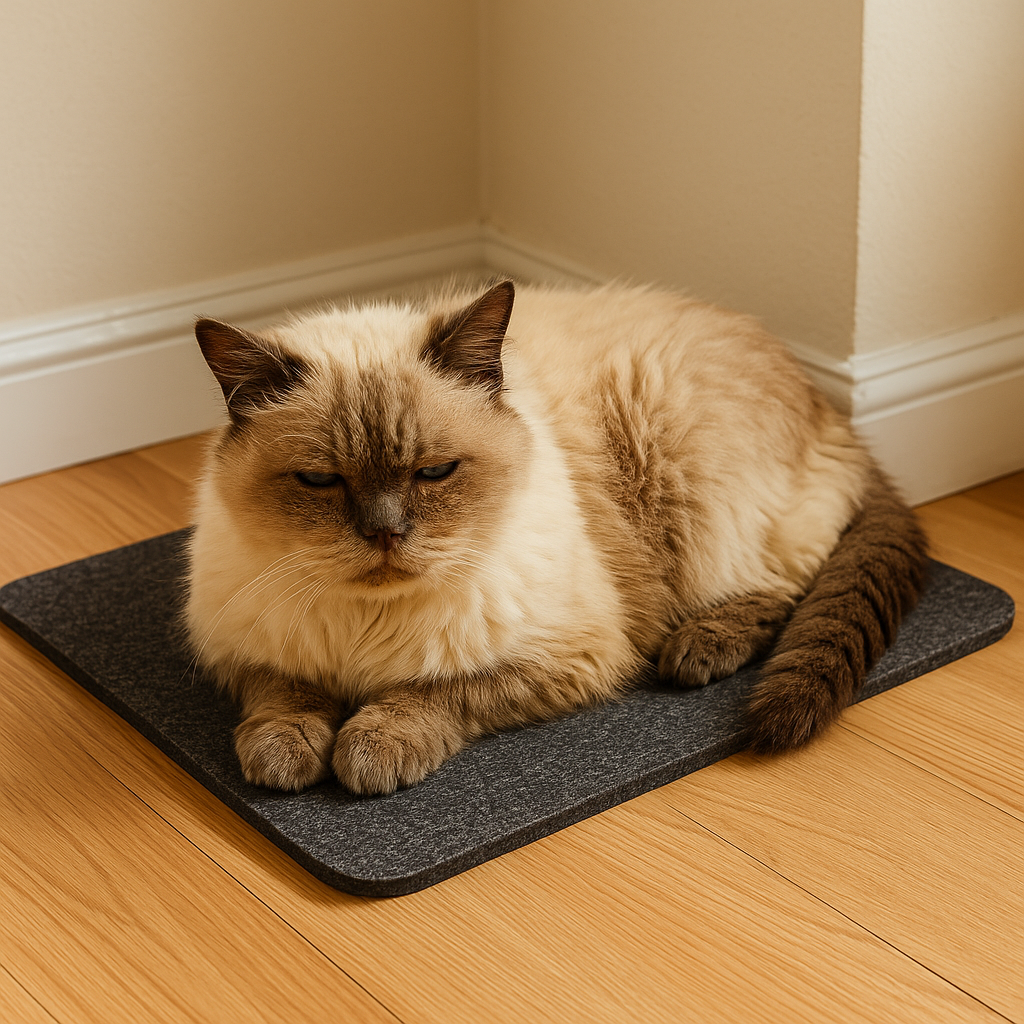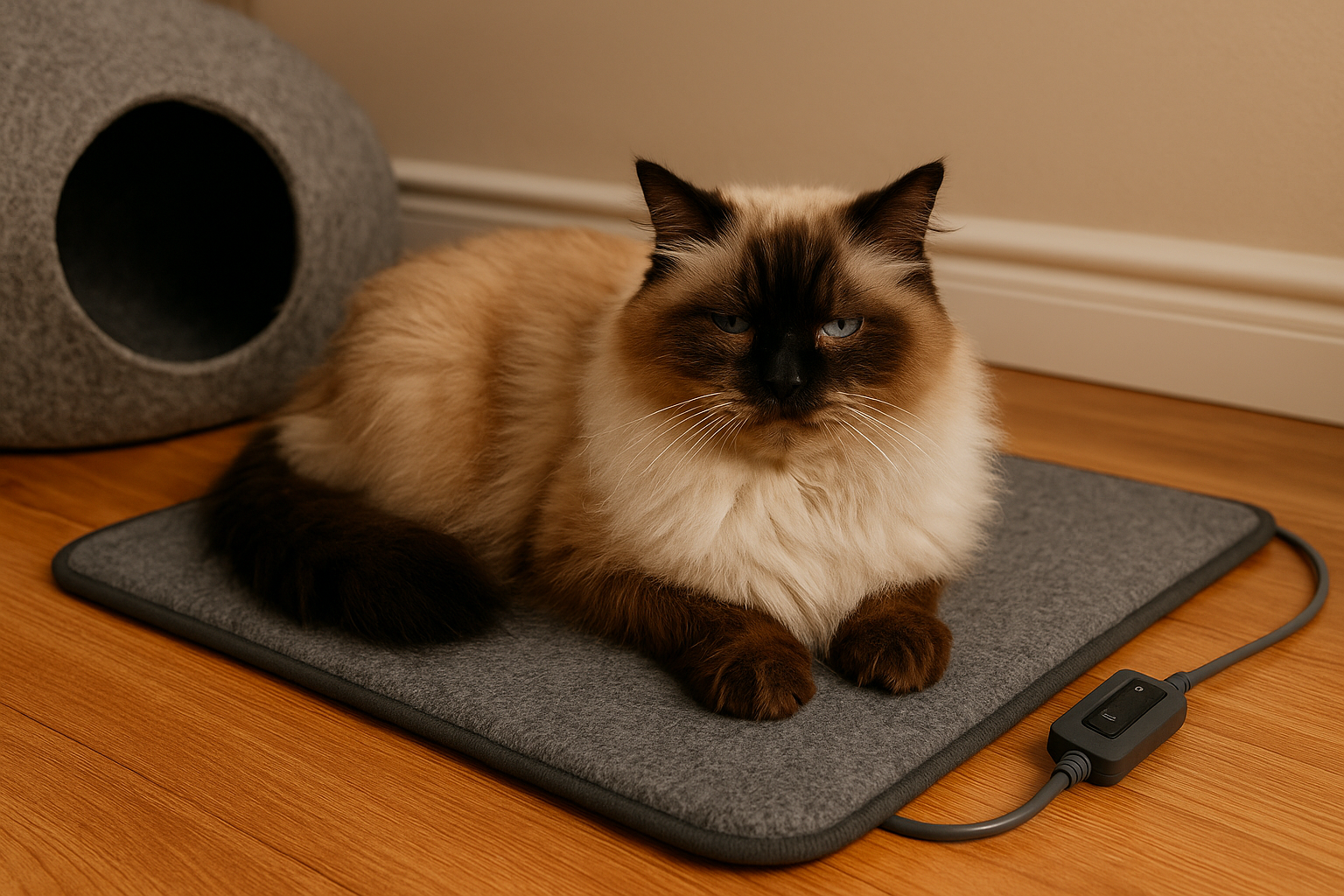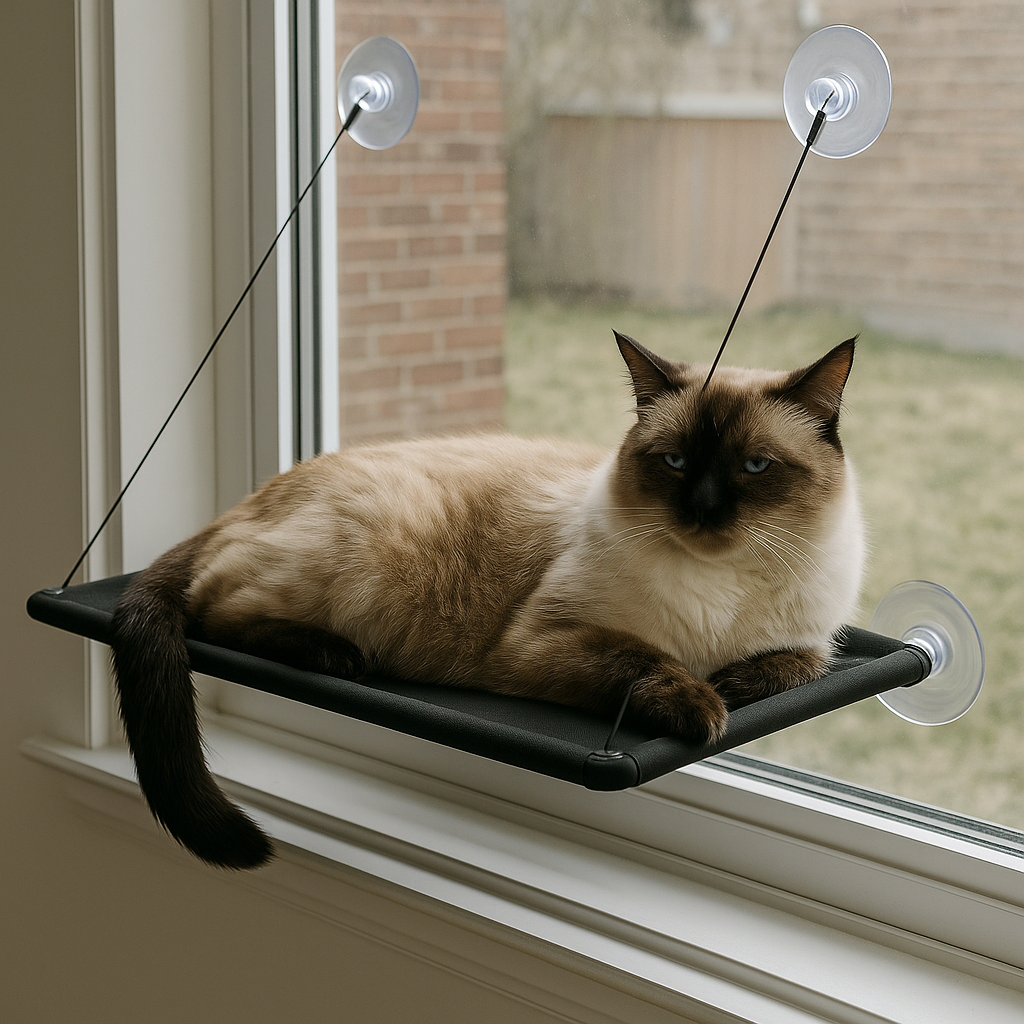Can Cats Eat Only Fish or Meat 2025? Nutritional Balance Tips 🐱
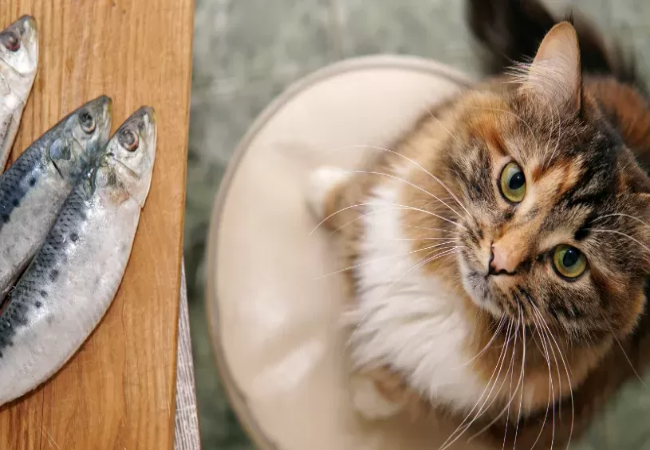
In this article
Can Cats Eat Only Fish or Meat 2025? Nutritional Balance Tips 🐱
By Dr. Duncan Houston BVSc
Cats are obligate carnivores 🥩, which means their bodies require animal-based proteins to survive and thrive. While cats may enjoy certain foods like fish or muscle meat, feeding them only one type of food can lead to serious nutritional imbalances and health problems. Understanding the risks and proper dietary balance is essential for their overall well-being.
🐟 Fish in a Cat’s Diet
Fish can be a tasty and enjoyable part of a cat’s diet, but it should never be the sole food source. Here’s why:
-
Taurine Deficiency: Taurine is an essential amino acid for cats, crucial for heart, vision, and reproductive health. While muscle meats are rich in taurine, fish may not provide sufficient amounts if fed exclusively.
-
Mercury and Toxins: Some fish, especially large predatory types like tuna, can contain high levels of mercury and other environmental toxins. Long-term consumption of too much fish can lead to mercury poisoning, which may affect the nervous system and kidneys.
-
Thiamine Deficiency: Raw fish contains an enzyme called thiaminase, which destroys thiamine (vitamin B1). A thiamine deficiency can lead to loss of appetite, neurological problems, seizures, and even death.
-
Allergic Reactions: Some cats may develop allergies to fish, resulting in gastrointestinal upset, vomiting, diarrhea, or skin problems like itching and hair loss.
✅ Tip: Fish is best used as an occasional treat or supplement to a nutritionally complete diet rather than a daily staple.
🥩 Muscle Meat Alone Is Not Enough
Cats naturally need meat, but feeding only muscle meat can also create nutritional gaps:
-
Vitamin Deficiencies: Muscle meat is high in protein and taurine but low in essential vitamins such as vitamins A and D. A lack of these vitamins can impair vision, bone health, and overall growth.
-
Mineral Imbalance: Muscle meat is high in phosphorus but low in calcium, which can lead to bone demineralization and skeletal problems over time.
-
Missing Nutrients from Organs and Bones: Cats require nutrients from various parts of an animal:
-
Bones: Calcium and phosphorus for strong teeth and bones
-
Organ meats: Vitamins A and D, and certain trace minerals
-
Muscle meats: High-quality protein and taurine
-
A diet consisting of only muscle meat is incomplete and potentially harmful over the long term.
🥫 The Importance of a Balanced Diet
Providing a balanced diet ensures your cat gets all the nutrients it needs:
-
Commercial cat food is formulated to meet cats’ nutritional requirements, including protein, fats, vitamins, minerals, and taurine.
-
Homemade diets can be an option but must be carefully designed. Consult a veterinarian or pet nutritionist to ensure all essential nutrients are included in the right proportions.
-
Variety in protein sources — like poultry, beef, fish, and organ meats — can provide a more complete nutritional profile.


